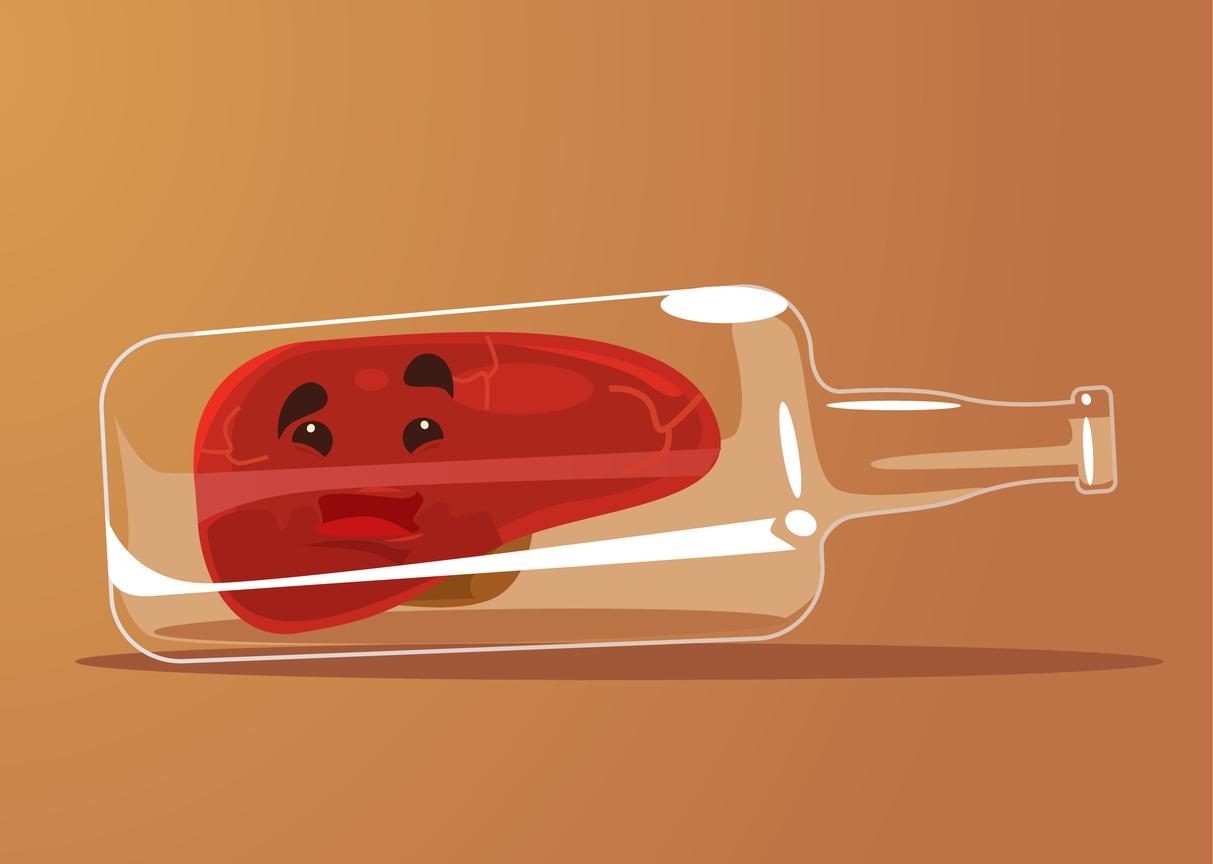Intestinal inflammation and the alteration of the microbiota that accompanies it can trigger chronic pathologies, such as Crohn’s disease, ulcerative colitis, obesity, diabetes, liver disease, Parkinson’s, Alzheimer’s, autism or cardiovascular disease.

- Chronic conditions have been on the rise for more than 60 years all over the world.
- INRAE’s work opens up new avenues for patients in terms of diagnosis, preventive nutrition and therapy.
Based on an animal experiment, INRAE researchers have for the first time provided evidence that intestinal inflammation and the alteration of the microbiota that accompanies it can mutually maintain each other and generate chronic diseases. “Thus, they show that the simple generalization of inflammation can permanently alter the symbiosis between human beings and their microbiota, preventing a return to normal, even 40 days after stopping the induction”, says the research institute. These results were published on November 6 in the journal Microbiome.
A balanced dialogue between the human being and his intestinal microbiota is essential
Crohn’s disease, ulcerative colitis, obesity, diabetes, liver disease, Parkinson’s, Alzheimer’s, autism, cardiovascular disease… Chronic conditions have been on the rise for more than 60 years all over the world. INRAE’s work opens up new avenues for patients in terms of diagnosis, preventive nutrition and therapy.
A balanced dialogue between human beings and their intestinal microbiota is essential for maintaining health. From birth, the body provides “the lodging and the cover” to the microbiota, which in turn provides it with protective functions, keeping its natural defenses awake and preventing the proliferation of environmental bacteria inside the body.
Complex interactions
Nothing happens at the level of the intestinal microbiota that does not impact the intestinal wall, immunity, and vice versa. These complex interactions guarantee the functional robustness of the intestinal ecosystem, which interacts with all the organs.
Under normal conditions, even after a significant disturbance, following the taking of antibiotics for example, our microbiota returns to its initial state. In the context of chronic diseases, the INRAE research team has put forward the hypothesis – validated since – that the alteration of the microbiota and the inflammation that accompanies it prevents a return to balance.


.
















